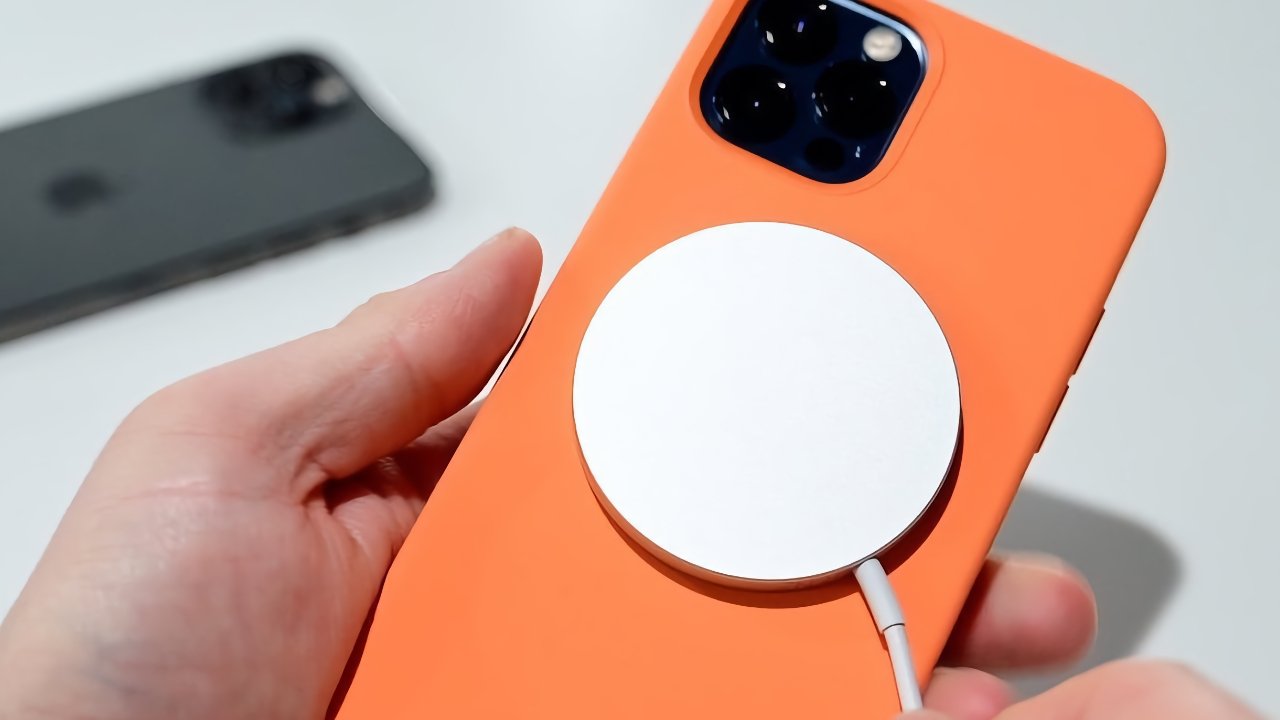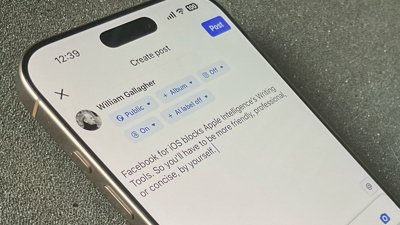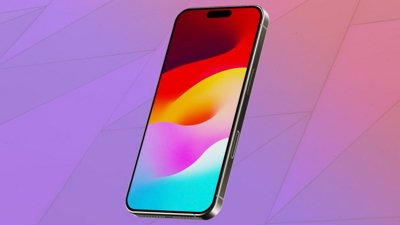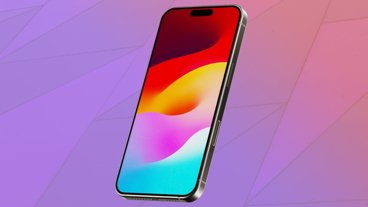Apple MagSafe devices can interfere with pacemakers when placed directly over the skin, or in very close proximity, says the American Heart Association.
The Journal of the American Heart Association has concurred with a previous report by the Heart Rhythm Journal which said close contact with an iPhone 12 affected certain implantable cardiac devices. As with that report, the American Heart Association says the effect are solely when the iPhone is on or very near the implant.
For its tests, the American Heart Association chiefly used an iPhone 12 Pro Max. However, the report notes that "[s]elect devices from all three major device companies were found to have magnetic susceptibility."
"Our study demonstrates that magnet reversion mode may be triggered when the iPhone 12 Pro Max is placed directly on the skin over an implantable cardiac device and thus has the potential to inhibit lifesaving therapies," say the report writers in the Journal of the American Heart Association.
The testing involved placing the iPhone 12 Pro Max in very close proximity to a series of 11 different pacemakers and defibrillators.
Some were devices already implanted in a series of patients, which the report calls "in vivo" testing. Others were "ex vivo," or newly unboxed devices not yet implanted.
The degree of interference did vary across the testing, but all devices were affected. The report says that "the iPhone 12 Pro Max was able to trigger magnetic reversion mode at a distance up to 1.5cm [0.6 inches]."
"Apple Inc, has an advisory stating that the newer generation iPhone 12 does not pose a greater risk for magnet interference when compared to the older generation iPhones," notes the report. "However, our study suggests otherwise as magnet response was demonstrated in 3/3 cases in vivo."
"In comparison to the older generation iPhone 6, a study performed by Lacour et al, found no cases of magnet response in a sample size of 148 patients," it says.
"Our case series has several clinical implications," continues the report. "People often put their smartphones in a breast pocket over a device which can be in close proximity to CIEDs [cardiac implantable electronic devices. This can lead to asynchronous pacing or disabling of antitachycardic therapies."
The report recommends a wider study, but also that heart patients who use any smartphones should "consult with a heart rhythm specialist" for advice.
In January 2021, Apple updated its MagSafe support document to recommend that users keep the iPhone 12 six inches away from any medical implants.
Follow all of WWDC 2021 with comprehensive AppleInsider coverage of the week-long event from June 7 through June 11, including details on new launches and updates.
Stay on top of all Apple news right from your HomePod. Say, "Hey, Siri, play AppleInsider," and you'll get latest AppleInsider Podcast. Or ask your HomePod mini for "AppleInsider Daily" instead and you'll hear a fast update direct from our news team. And, if you're interested in Apple-centric home automation, say "Hey, Siri, play HomeKit Insider," and you'll be listening to our newest specialized podcast in moments.
 William Gallagher
William Gallagher

-m.jpg)








 Andrew O'Hara
Andrew O'Hara
 Wesley Hilliard
Wesley Hilliard

 Malcolm Owen
Malcolm Owen
 Marko Zivkovic
Marko Zivkovic




-m.jpg)




15 Comments
The FDA has issued a statement about this https://www.fda.gov/radiation-emitting-products/cell-phones/magnets-cell-phones-and-smart-watches-may-affect-pacemakers-and-other-implanted-medical-devices . It seems like the American Heart Association should be working with the FDA to formulate guidance and parameters for product makers to follow. It may be time for product makers to be required to include a warning label or insert with their product packaging to allow consumers to be more aware of the potential risks.
The class action lawyers are drooling over their morning coffee.
"
This sentence is confusingly worded. "Chiefly used", followed by "However" and "select devices" could be read as other brands of phone. This study appears to have only used iPhone 12 Pro Max. iPhone 6 was in a previous study. The major device companies are the cardiac implant manufacturers.
The full paragraph from the article is "